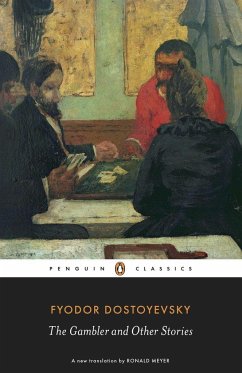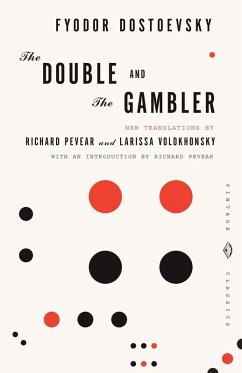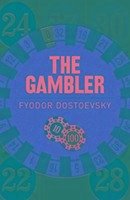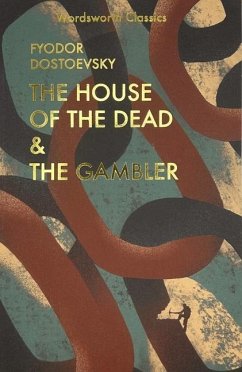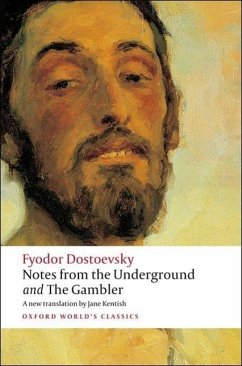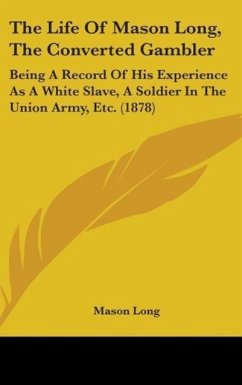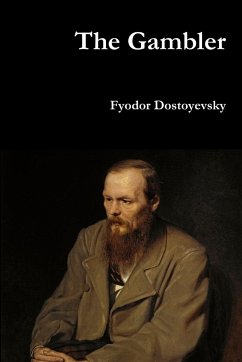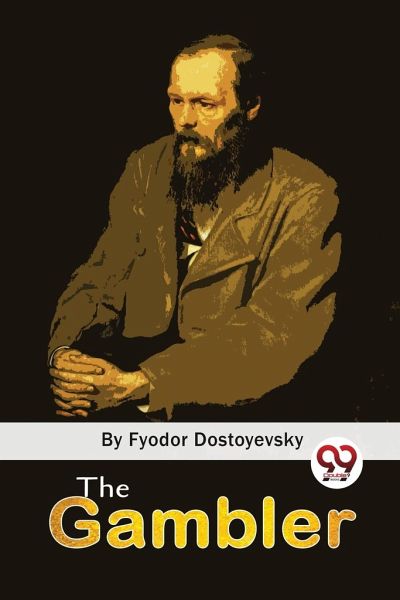
The Gambler
Versandkostenfrei!
Versandfertig in 1-2 Wochen
19,99 €
inkl. MwSt.

PAYBACK Punkte
10 °P sammeln!
Fyodor Dostoevsky's short story "The Gambler" is about a young teacher working for a once-rich Russian general. The novella, which was in many respects inspired by Dostoevsky's own addiction to roulette, illustrates this behavior: Dostoevsky finished the book in 1866 under pressure to finish it before he had to pay off gambling debts. The Gambler dealt with gambling, a topic that Fyodor Dostoevsky was familiar with. In 1863, Fyodor Dostoevsky played a hand of cards at a Wiesbaden casino. He played frequently at Baden-Baden, Homburg, and Saxon-Les-Bains from that point on until 1871, when his f...
Fyodor Dostoevsky's short story "The Gambler" is about a young teacher working for a once-rich Russian general. The novella, which was in many respects inspired by Dostoevsky's own addiction to roulette, illustrates this behavior: Dostoevsky finished the book in 1866 under pressure to finish it before he had to pay off gambling debts. The Gambler dealt with gambling, a topic that Fyodor Dostoevsky was familiar with. In 1863, Fyodor Dostoevsky played a hand of cards at a Wiesbaden casino. He played frequently at Baden-Baden, Homburg, and Saxon-Les-Bains from that point on until 1871, when his fervor for gambling petered out. Frequently, he would start out winning a modest sum of money and end up losing much more. Fyodor Dostoevsky and F. T. Stellovsky then entered into a risky contract whereby Stellovsky would acquire the right to publish Dostoevsky's works for nine years, until 1 November 1875, without paying the author any money. This clause would apply if Dostoevsky failed to deliver a novel with 12 or more signatures by 1 November 1866. He jotted down some of his story's details before dictating them to one of Russia's earliest stenographers and his future bride, young Anna Grigorevna, who carefully wrote them out for him.





